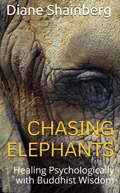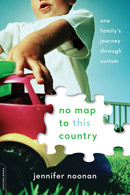 “The Natural Way of Things,” by Charlotte Wood
“The Natural Way of Things,” by Charlotte Wood
(Europa Editions, pp 233, $17.00)
Though not her first novel, “The Natural Way of Things” is Charlotte Wood’s first print in the States. Better late than never, and it is wholly deserved. It is an intriguing book to come out at the time of perhaps the strangest presidential campaign ever, where one of the candidates is plagued with accusation of sexism and sexual misconduct. And this makes it hard to avoid the metaphorical subtext of Wood’s novel, reminiscent of Atwood’s “Handmaid’s Tale,” since we are dealing with women and sexuality in a repressive and controlling corporate-like society. Though I do not believe that women have anything to do to prove their competence and rights in this world, the protagonists of Wood’s novel are women deprived of rights and live a Kafkaesque nightmare.
Yolanda, the heroine of this dystopian novel, wakes up one morning in the middle of Australian desert, dressed in rags, and not remembering how she ended locked up into a ward. She however quickly learns that along with her roommate, Verla, that they are now captives of a strange repressive system, exercising a systematic corporate control on their every move. The reason that binds them is the scarlet letter they wore, a past sexual scandal. Very quickly, rather than accepting their fate in a place where women are drudged and subjugated to fear, they escape into the wild. More than a story where the hunted becomes the hunter, they must develop the skills of survival and trust. In a world fraught with violence, the women of “The Natural Way of Things” must find resilience and seek redemption.




